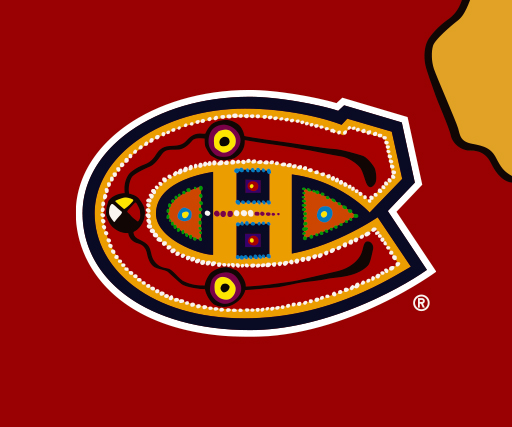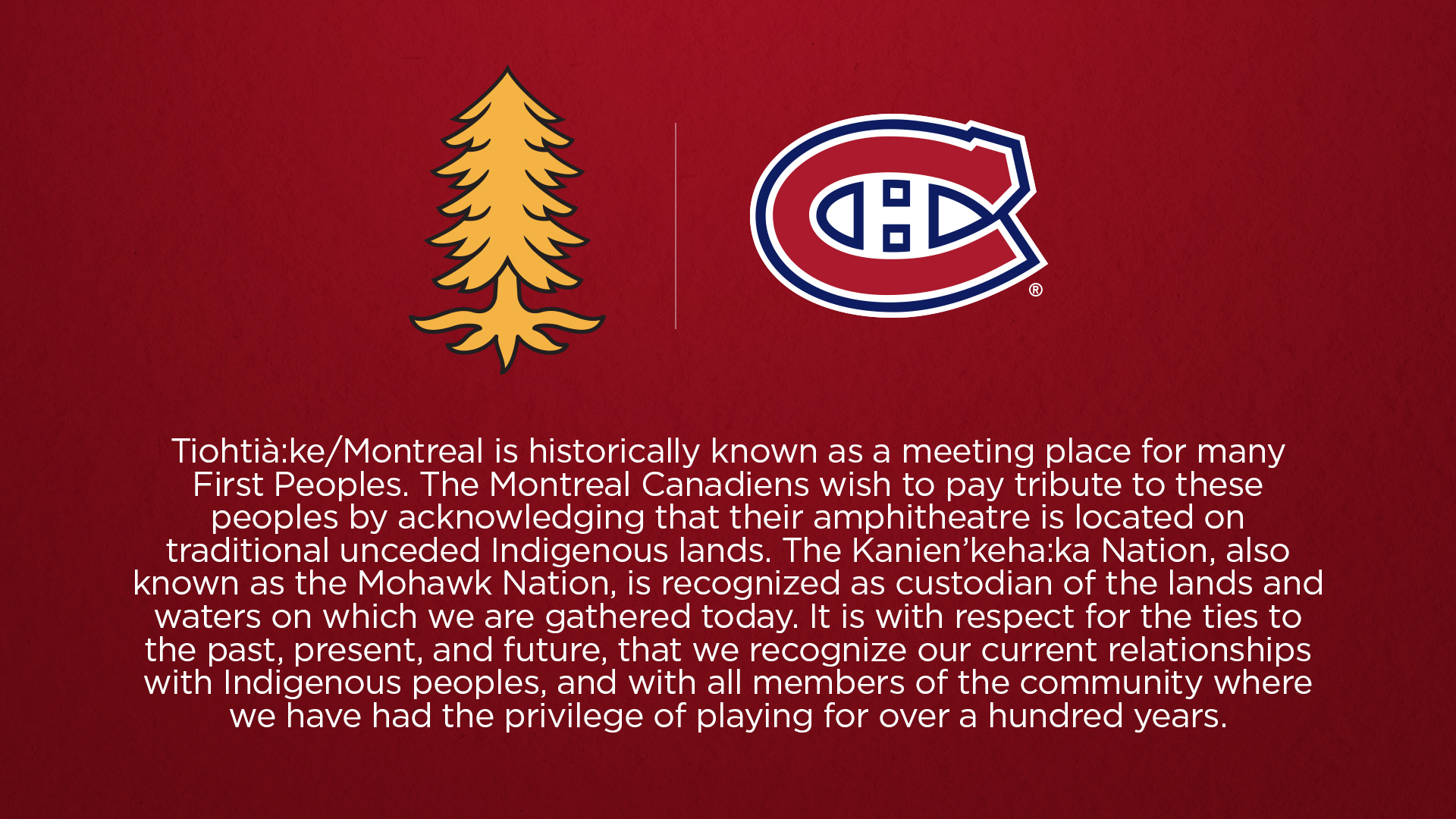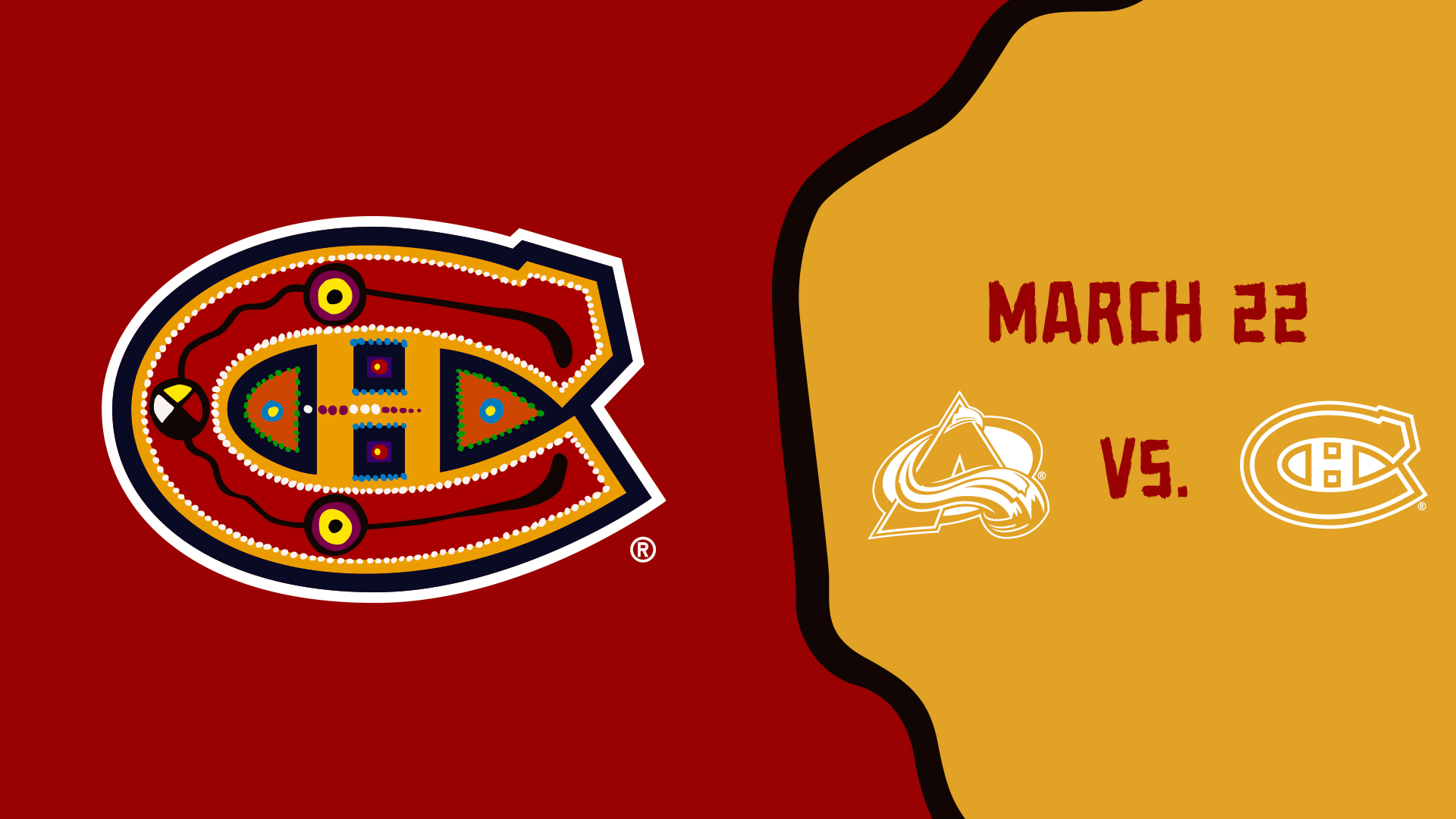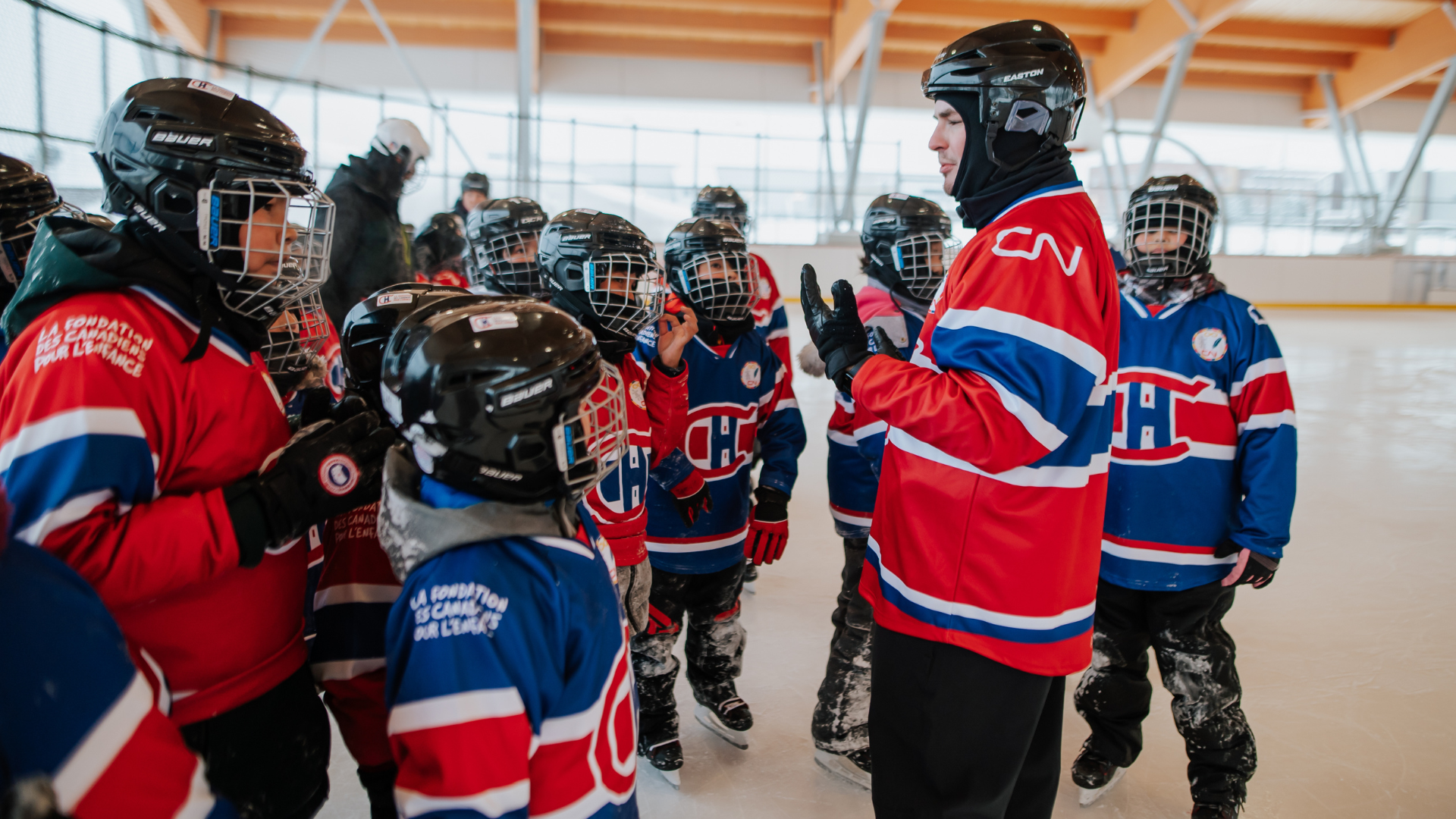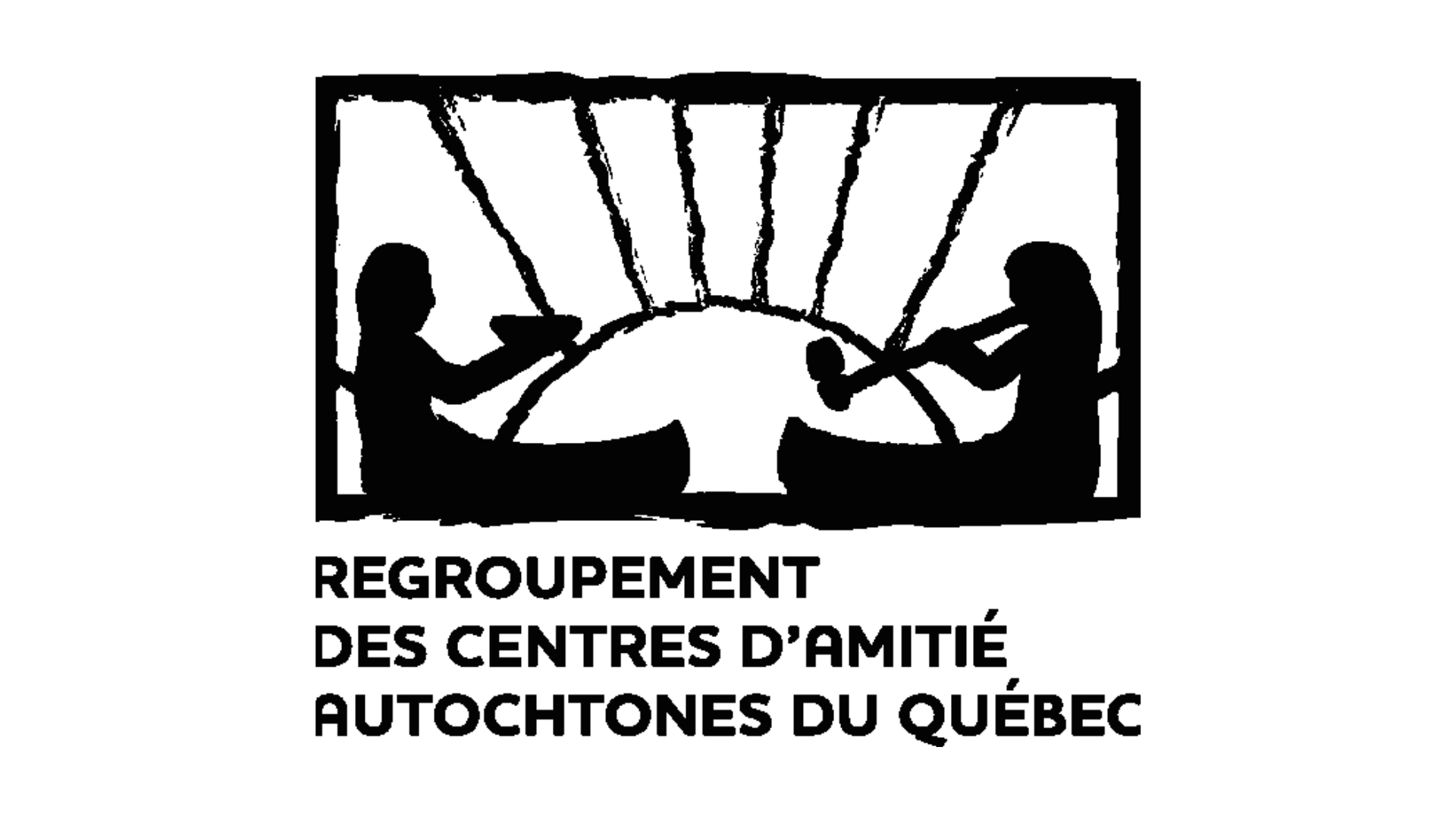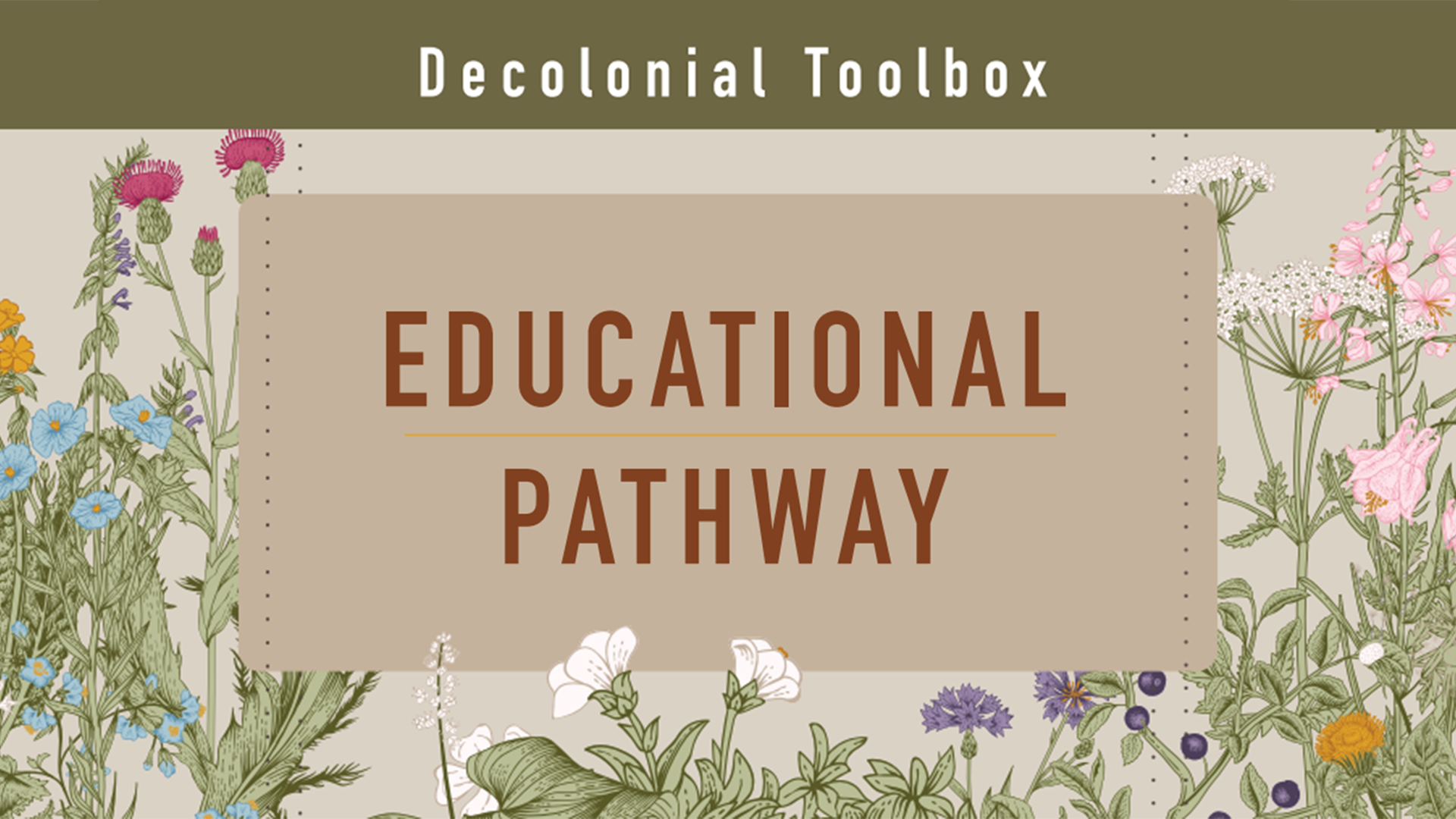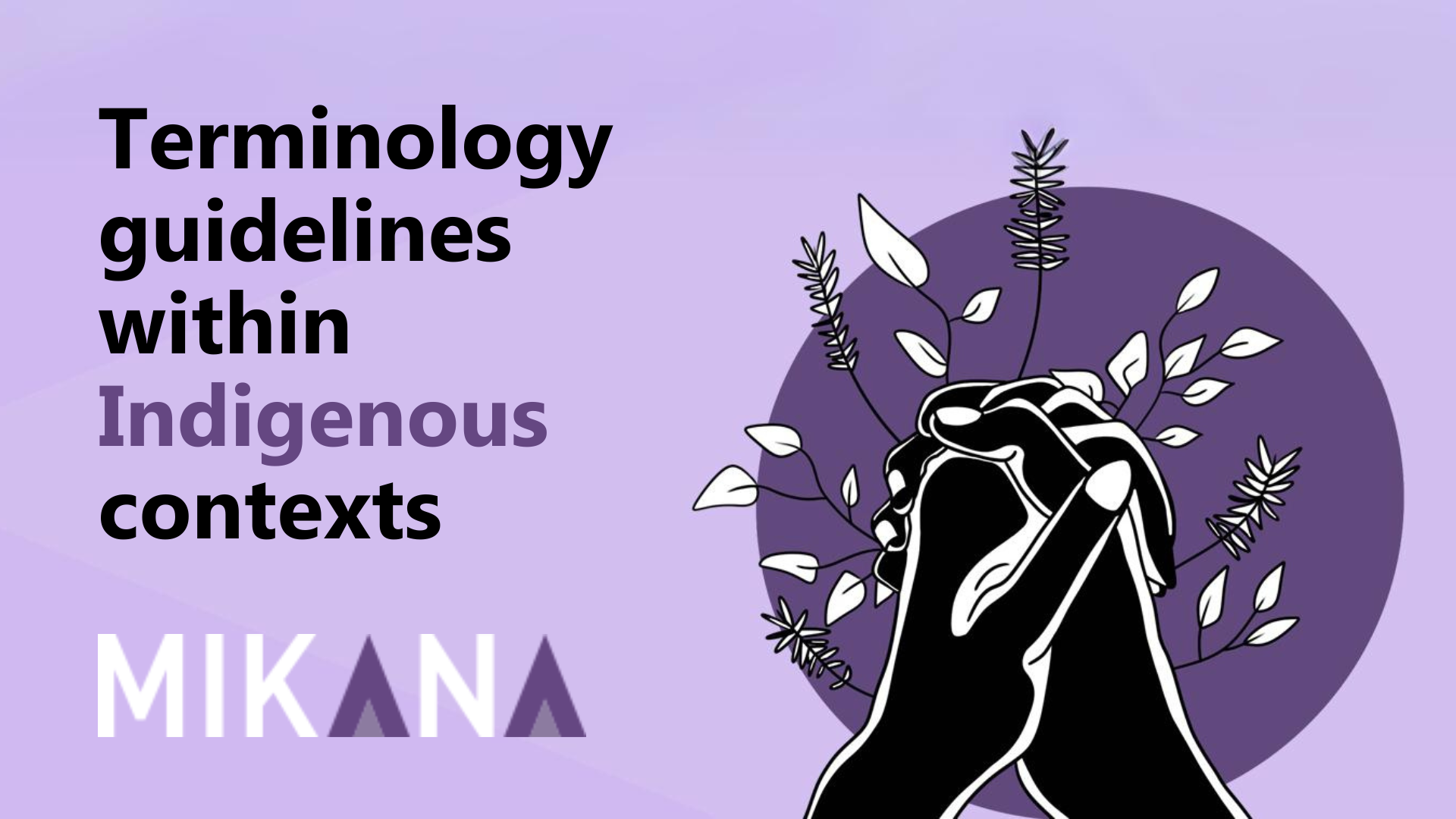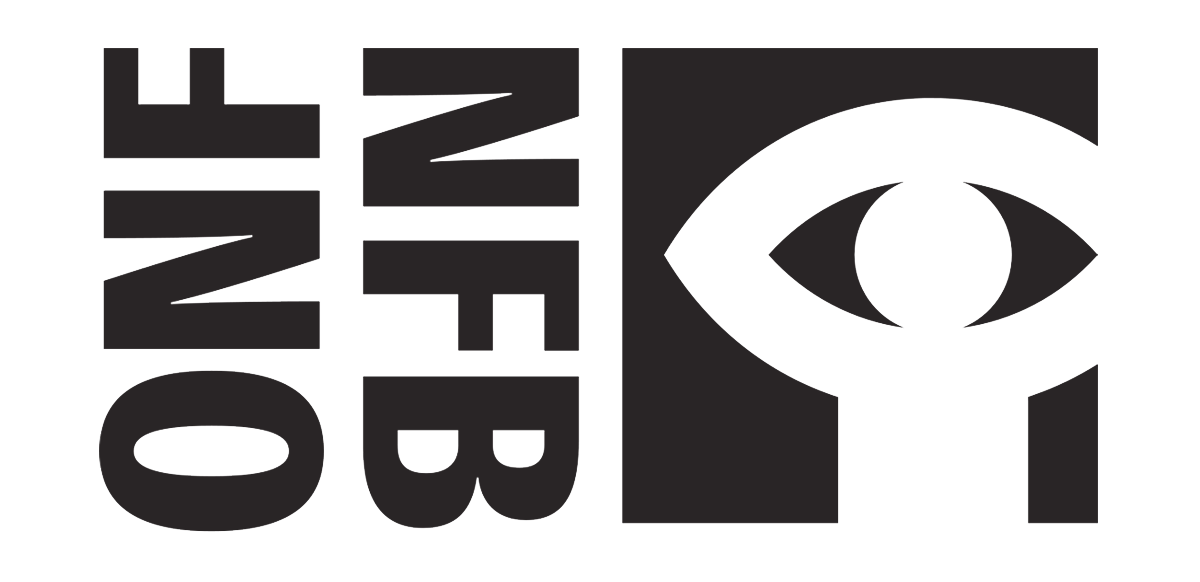Land Acknowledgment
The unceded land of Tiohtiá:ke/Montreal, where the Bell Centre is located, is historically known as a gathering place for many First Nations.
Since the beginning of the 2021-22 season, a land acknowledgment statement is read prior to every Canadiens home game. With this symbolic gesture, our organization recognizes that Indigenous peoples have occupied since time immemorial the territory where our team currently plays. Recognizing and respecting the presence of these historical and contemporary communities is an essential step towards the establishment of healthy, respectful, and reciprocal relations with Indigenous peoples, and to the continuation of the reconciliation process we’re engaged in.
First Peoples Celebration Night presented by CN in collaboration with Tim Hortons
On Saturday, March 22, 2025, Indigenous cultures will be honored as the Montreal Canadiens will hold their Indigenous Peoples Celebration Night at the Bell Centre. The creativity, know-how and traditions of Indigenous communities will be highlighted throughout the game against the Colorado Avalanche.
A BLEU BLANC BOUGE initiative to get Indigenous youth active
Since the 2023-2024 season, the Montreal Canadiens Children's Foundation and CN are joining forces to offer First Peoples youth culture-based introductory sports programs, such as ice skating and ball hokcey, in order to allow them to flourish and experience the benefits of a healthy and active lifestyle.
First Peoples tribute collection
Visit the Bell Centre Tricolore Sports store or go online to get your hands on limited-edition merchandise, featuring artwork by Anicinabe painter Frank Polson from the Long Point First Nation community in Winneway, Temiscamingue. Every purchase will contribute to supporting the services offered by Quebec-based Native Friendship Centres.
About the Regroupement des centres d’amitié autochtones du Québec
As the provincial association of Native Friendship Centres, the Regroupement des centres d’amitié autochtones du Québec (RCAAQ) has advocated for 45 years in the rights and interests of Indigenous citizens in cities and actively supports the development of Native Friendship Centres. Thanks to its unifying mission, the RCAAQ has a comprehensive understanding of the issues and challenges faced by Indigenous people who must deal with urban reality
The Decolonial Toolbox
The Decolonial Toolbox offers the public an educational pathway to understanding contemporary Indigenous realities. Developed by Concordia University's Office of Community Engagement, Mikana and the Montreal Indigenous Community NETWORK, the pathway gathers carefully selected resources produced by Indigenous people and organizations that are accessible and promote Indigenous expertise. The topics covered are foundational knowledge on terminology, territories, and colonial history.
Terminology Guidelines within Indigenous Contexts
Mikana offers an informative guide to understanding and applying correct terminology when referring to Indigenous individuals, communities, and cultures. This resource is designed to shed light on the importance of using precise language to foster respect and promote positive relationships between peoples.
You can visit Mikana's website to explore an array of tools and resources.
Indigenous cinema
Explore the website of the National Film Board of Canada (NFB) to discover a rich collection of Indigenous-made films, available online for free online. You will find both new releases and Canadian classics, alongside works by numerous distinguished local filmmakers. Whether you're looking for short or feature-length films, content in English or French, the NFB offers a wide selection of videos suitable for all ages, providing an opportunity to learn more about the reality, culture, and heritage of Indigenous peoples.
Les Autochtones 102 (only available in French)
In this short video, part of the “Lexicon” series created as a supplement to the documentary Briser le code, Cree activist Maïtée Labrecque-Saganash presents various information about Quebec's 11 Indigenous nations and their history. She discusses practices that were implemented to eliminate or assimilate them, including Indigenous residential schools. She also suggests paths for reconciliation.
